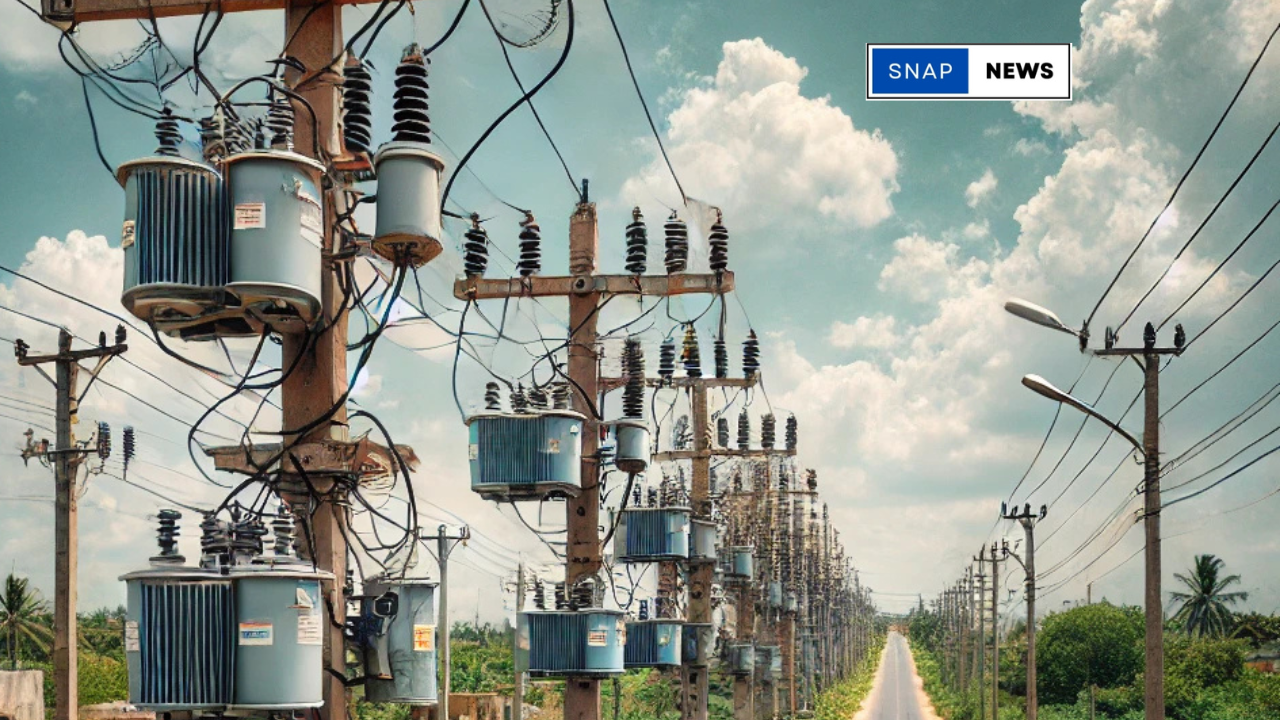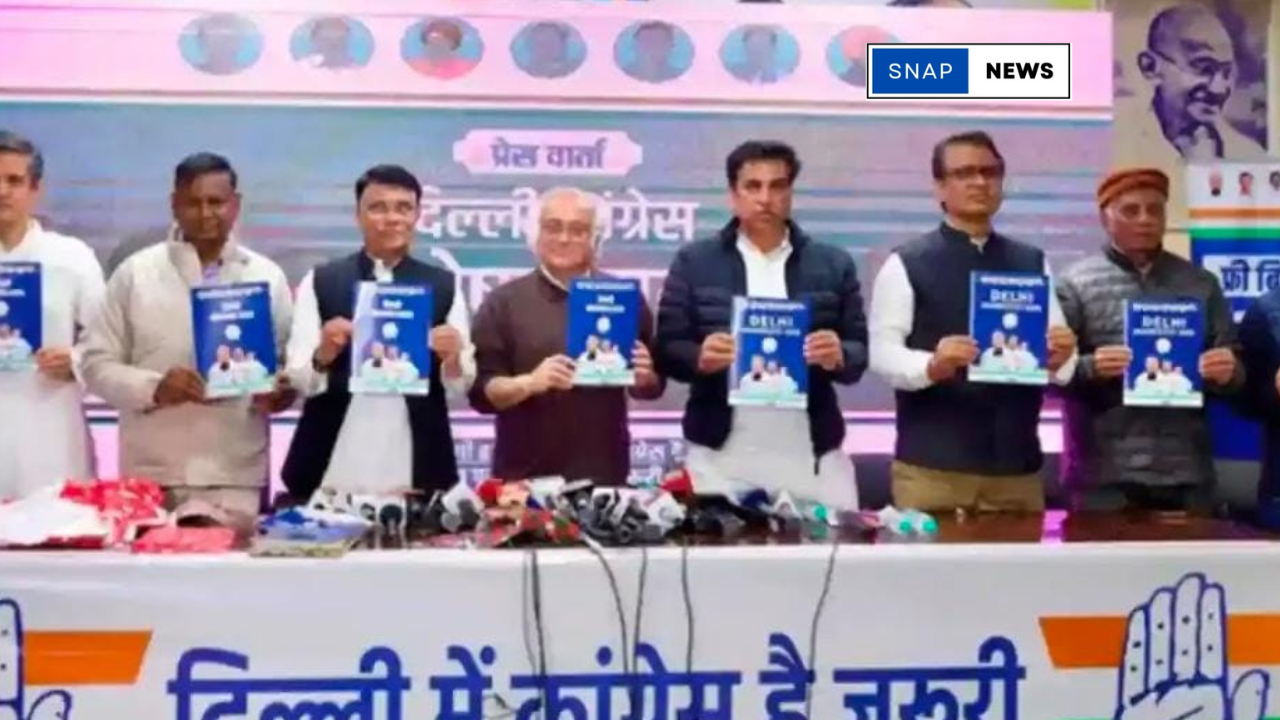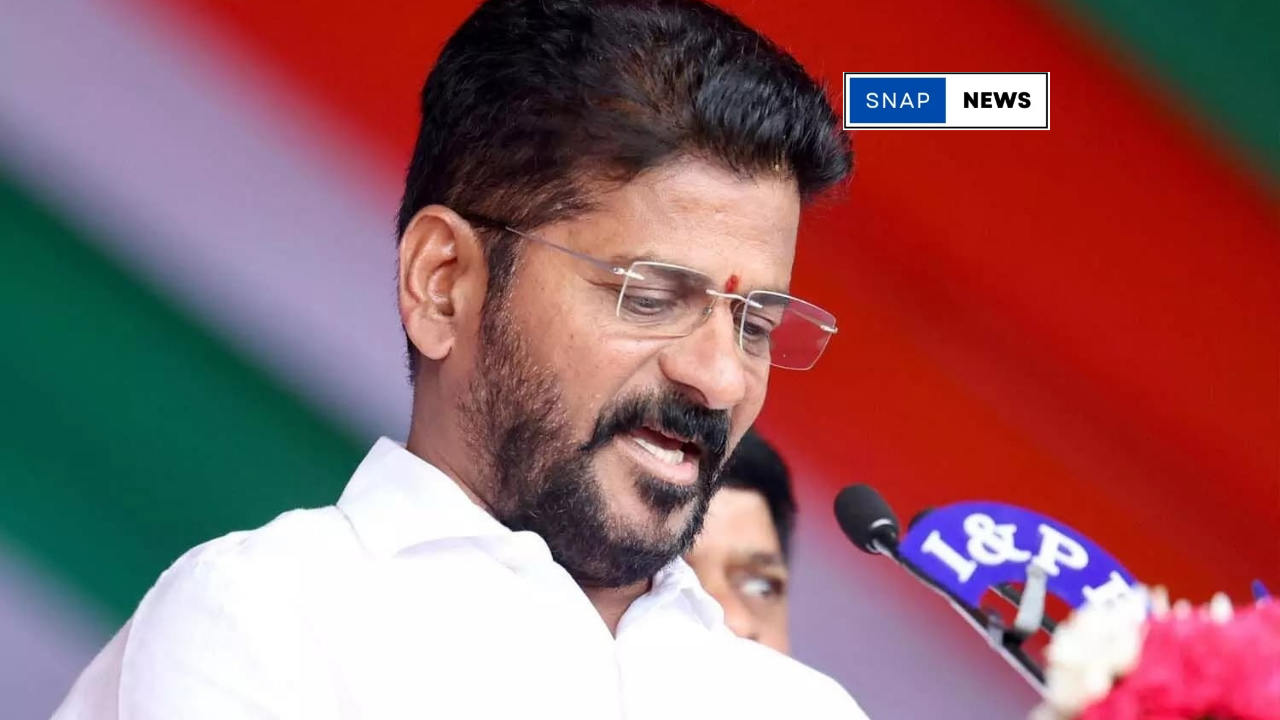Telangana Government Rejects Power Tariff Hike Proposal for 2025-26
Hyderabad, January 30, 2025: The Telangana government has decided not to increase electricity prices for consumers in the upcoming financial year (2025-26). This decision comes despite the state’s power distribution companies (Discoms) reporting a projected revenue deficit of ₹20,151 crore.

Why No Tariff Hike?
The Discoms had proposed a tariff increase to cover the deficit, but the state government rejected the proposal. Officials confirmed that no consumer category will face higher electricity bills in 2025-26.
Key Details:
- Revenue Deficit: Discoms estimate a gap of ₹20,151 crore between revenue and expenses for 2025-26.
- Subsidy Solution: The government may cover the deficit by increasing subsidies in the state budget.
- Current Subsidy: For 2024-25, the government allocated ₹12,000 crore as a power subsidy. An additional ₹8,000 crore may be needed to avoid a tariff hike.
Discoms’ Financial Situation:
- Southern Discom (Greater Hyderabad): Expected revenue of ₹36,277 crore against expenses of ₹46,035 crore.
- Northern Discom (Warangal): Expected revenue of ₹9,421 crore against expenses of ₹19,814 crore.
Reasons for the Deficit:
- Rising Power Costs: The cost of purchasing electricity has increased significantly.
- Higher Consumption: Power usage in Telangana is growing, especially in rural areas due to agricultural activities and irrigation projects like Kaleshwaram.
- Gruha Jyothi Scheme: This scheme, which provides 200 units of free electricity to low-income households, adds an annual burden of ₹2,400 crore.
What’s Next?
The Telangana Electricity Regulatory Commission (ERC) will hold a public hearing on the Discoms’ proposal. The final decision on tariffs will depend on the state’s subsidy announcement in the upcoming budget.
Why This Matters:
- Consumers Win: No increase in electricity bills for households, businesses, or farmers.
- State’s Burden: The government must allocate more funds to cover the subsidy gap.
- Agricultural Impact: Farmers relying on borewells and irrigation projects will benefit from stable tariffs.












